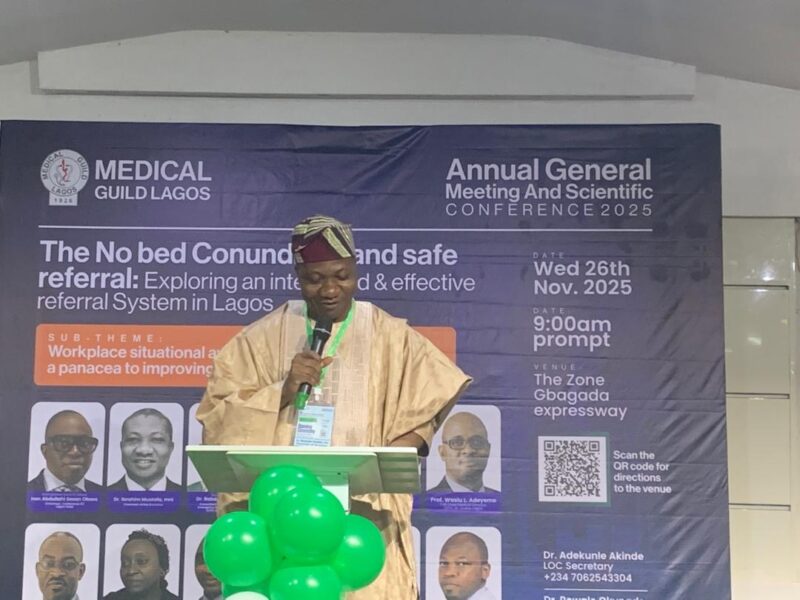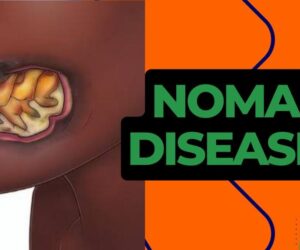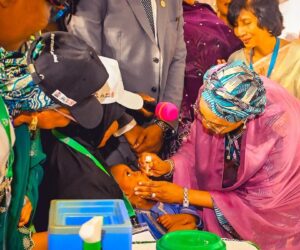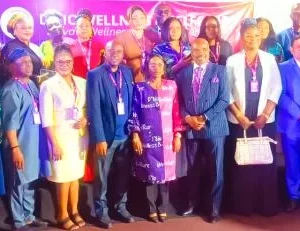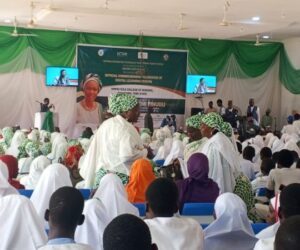By Bushirah Akande and Kemi Akintokun
Stakeholders in the health sector on Wednesday, urged collective effort to tackle recurrent issues of bed scarcity and the complex referral system experienced in Lagos and Nigerian hospitals.
They made the call at a Scientific Conference organised by the Medical Guild in Lagos.
The News Agency of Nigeria (NAN) reports that the conference is tagged: ”The No bed Conundrum and safe referral: Exploring an integrated & effective referral system in Lagos”.
Speaking at the conference, Chairman of the occasion, Dr. Ibrahim Mustafa, said that the shortage of hospital beds and the fragmented referral system, simply reflects a systemic gap in coordination.
Mustafa, who is Permanent Secretary, Lagos State Primary Healthcare Board, called for implementation of an Integrated referral system, where doctors are aware of their tasks, adding that this will improve the condition of patients.
“We have lost lives and most especially mothers because of this fragmented referral system which has contributed to high maternal mortality.
“This persistent problem is an inter-disciplinary issue and must be addressed collectively.
“The theme of this conference is apt; we must leave this place by suggesting pragmatic solutions to the government which will be implemented by doctors in our health facilities,” he said.
He commended the guild for their commitment and contribution in enhancing the health of Lagos residents
Also speaking, Dr Babayemi Osinaike, who delivered the keynote speech, emphasised the need to leverage technology, to improve services at the primary health centres, in a bid to tackle these challenges
He called for collaboration between the state, federal and private hospitals, to reduce the bottlenecks encountered in referring patients.
Osinaike urged the state government to initiate a statewide policy that would promote telemedicine which allows patients to consult doctors before going to the hospital.
“There are no federal or state patients in Lagos State.
“We can refer from the Lagos University Teaching Hospital (LUTH), to the Lagos State University Teaching Hospital (LASUTH or from LASUTH to any private hospital that provides same service a patient requires.
“Patients can consult with the doctors through website or designated telephone lines without going to the hospital; COVID showed us that leveraging technology is possible because we witnessed this during the COVID era.
According to him, the state could create a platform where doctors can always interface with the hospital, and doctors in other hospitals before referring patients.
“In developed climes like the U.S. or UK they have doctors they call GB, our Primary Health Centres can serve as our own GB if they are functioning effectively,” he said.
On his part, Chairman, Board of Trustees of the guild, Prof. Adetokunbo Fabamwo, called for synergy between doctors in the public and private hospitals, in a bid to address challenges around emergencies and referrals.
Fabamwo who is Chief Medical Director (CMD) of LASUTH noted that the divide between private and public doctors, was becoming more visible, hence the need for unity in closing these gaps.
He commended the outgoing leadership of the guild for maintaining a coordinated approach in resolving issues affecting medical practitioners in the state.
In the same vein, the First Lady of Lagos State, Dr. Ibijoke Sanwo-Olu, described the conference as being a sustainable platform for stakeholders to provide workable solutions to challenges confronting the health sector, like shortage of beds.
Ibijoke who was represented by Dr. Omolara Agbaje, Medical Director, Apapa General Hospital, commended the guild for putting up the platform, which advances the welfare of health professionals, while encouraging them to maintain ethical standards.
NAN reports earlier, Dr Moruf Abdulsalam, Chairman of the guild, said that the perceived scarcity of beds and the complexity of referrals, were stark realities impacting patients’ care.
He said: “The conference is our collective effort to tackle these issues head-on, and explore practical solutions using technology, policy reforms, and inter-institutional partnership,”. (NAN)
Edited by Sandra Umeh

